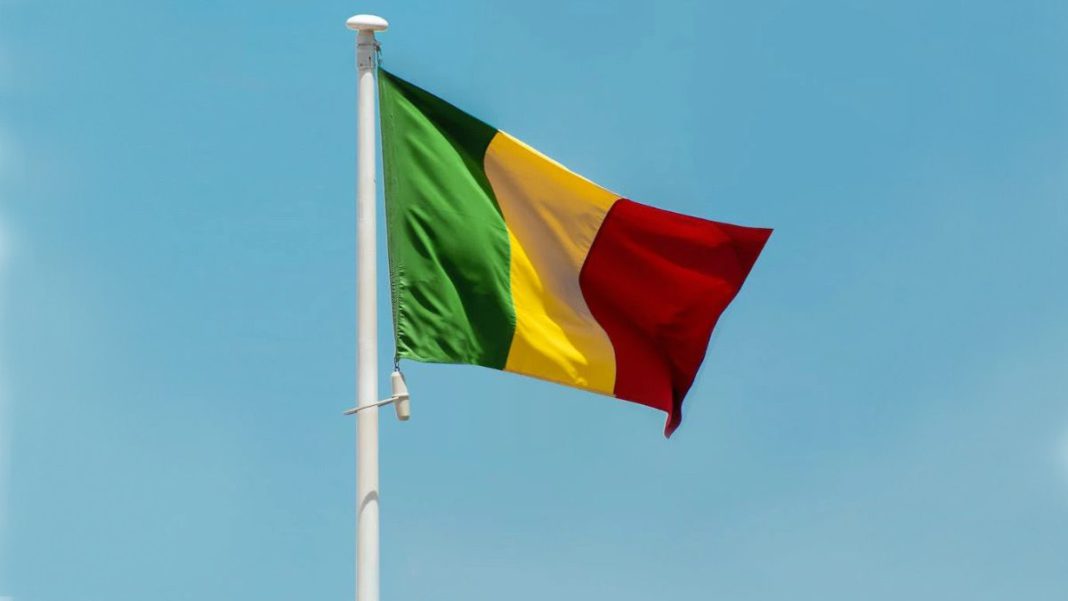MALI: Islamist militants in Mali initiated a blockade of Timbuktu by severing road access in August and subsequently closing off river and air routes, putting the city again at the forefront of a jihadist insurgency.
Soon after, bombings commenced. Witnesses reported that on September 21, rockets struck a hospital, killing two children, and fell close to a school that was providing sanctuary to victims of a passenger boat attack that claimed the lives of over 100 people.
After the United Nations initiated the reduction of its peacekeeping mission in July, militants affiliated with al-Qaeda launched an offensive in central Mali. Additionally, conflicts have reignited between the army and Tuareg rebels from the northern regions, while in the east, insurgents aligned with the Islamic State have persisted in conducting attacks.
Mali, currently under the governance of a junta that has declined assistance from U.N. and French forces, is experiencing a severe crisis. The escalating violence poses a threat to stability in the broader West African Sahel region, which is already grappling with military coups in neighbouring Burkina Faso and Niger.
Experts compare Mali’s current situation and its state in 2012, when a previous Tuareg rebellion was overshadowed by jihadists who seized control of Timbuktu and advanced southward towards the capital, Bamako.
In 2012, French forces and the United Nations intervened to halt the Mali crisis. However, there won’t be a similar intervention this time.
Mali’s military leaders, who consolidated their authority through two coups in 2020 and 2021, severed ties with their former colonial ruler, France, and expelled French troops. In June, they issued an order for the 13,000-strong United Nations force to depart from the country.
The Wagner Group from Russia, which deployed 1,000 mercenaries to support the junta, has been unable to fill the void and is facing allegations of targeting civilians.
According to the U.S.-based Armed Conflict Location & Event Data Project, conflict-related deaths in Mali have increased by more than 40% in the two months since the start of the U.N. withdrawal, totalling over 650.
However, the army issued a statement on Monday characterizing September as a “turbulent” month and affirming its commitment to combat its adversaries in order to safeguard the nation and its citizens.
In 2013, French forces successfully pushed back Islamist militants. However, these militants regrouped and initiated a new campaign, resulting in thousands of casualties and displacing millions of people across Mali, Burkina Faso, and Niger—countries located on the Sahara’s periphery. Insurgents have also established a presence in West African coastal nations, including Benin, Togo, and Ivory Coast.
The prevailing insecurity has led to political coups, with new leaders often distancing themselves from both regional and Western powers. France recently announced its decision to withdraw troops from Niger. Domestic military forces are grappling with these challenges independently.
In Mali, conflict erupted in August between the national army and an ethnic Tuareg group known as the Coordination of Azawad Movements (CMA) near a previously vacated U.N. base. Since then, the CMA has launched attacks on various Malian army bases, some located hundreds of miles apart.
The CMA had disarmed in 2015 as part of a U.N.-brokered agreement, but it now claims that the army has encroached upon its territory and deems these circumstances “wartime.” Meanwhile, the military classifies CMA fighters as “terrorists.”
The Al Qaeda-linked group Jama’at Nusrat al-Islam wa al-Muslimin (JNIM) has carried out attacks on military bases, targeted an airport, engaged in gunfire against passenger boats, and initiated the blockade of Timbuktu.
“The problem is Mali has too few troops and too little mobility,” stated Michael Shurkin, director of global programmes at the consultancy 14 North Strategies. “JNIM and CMA have freedom of movement over the entire area.”
Security experts stated that there is no proof the groups collaborate. They do, however, have other connections. A former Tuareg rebel, Iyad Ag-Ghali, is the leader of JNIM.
“They have each other’s phone numbers. That doesn’t mean they are in lockstep, but they can communicate,” said Shurkin.
Timbuktu, historically a renowned hub of Islamic education, currently finds itself in a state of siege. The city is grappling with the blockade of food and vital supplies, leading to a significant surge in prices for essential goods. Traders in the area report a 25% increase in sugar prices, while charcoal for cooking, potatoes, and onions have seen a steep rise of 30%.
Fearing rocket attacks, residents are cautious and tend to avoid markets, and a nightly curfew contributes to empty streets in the city.
Following a JNIM attack on September 7 targeting the “Timbuktu” boat, which was transporting both soldiers and residents from Gao, a significant number of survivors were brought to the city. Subsequently, ferry services ceased operation. In the aftermath, survivors are struggling.
Also Read: Sudanese Activists Allege Airstrike in Khartoum Killed 20 Civilians



